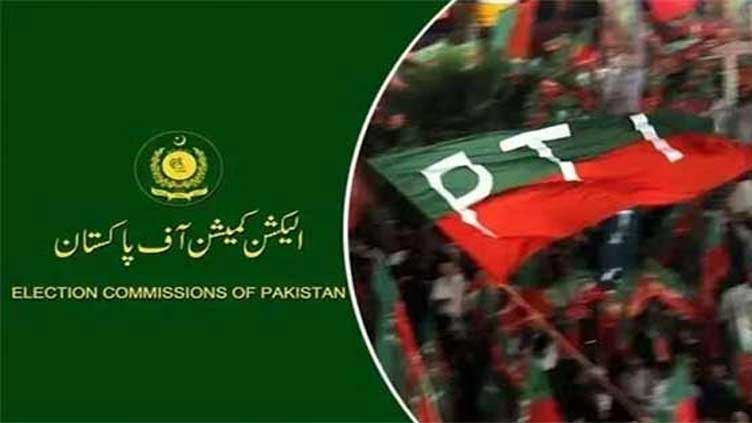Reserved seats verdict to change composition of assemblies

Pakistan
The verdict of 8-5 signals major victory for PTI-backed SIC
ISLAMABAD (Dunya News) - The Supreme Court on Friday overturned the decision of Peshawar High Court to deprive the Pakistan Tehreek-e-Insaf (PTI) of the reserved seats in the National Assembly.
A 13-member bench of the top court, headed by Chief Justice Qazi Faez Isa, announced the verdict with a majority of 8-5.
“[The] withdrawal of election symbol cannot disqualify a political party from elections,” the court declared in its verdict. “The PTI was and is a political party,” it affirmed.
This has resulted in a major political as well as legal victory for the embattled PTI.
RESERVED SEATS
As per the Constitution, the reserved seats are allocated to the political parties on the basis of the number of their lawmakers elected on the general seats. For their allocation, the ECP had already received the priority list of candidates from the parties before the Feb 8 polls.
The development resulted in PTI-backed SIC losing a total of 77 reserved seats - 23 National Assembly seats (20 women and 3 minorities), 25 Khyber Pakhtunkhwa Assembly seats (21 women and 4 minorities), two Sindh Assembly seats (women) and 27 Punjab Assembly seats (24 women and 3 minority).
The situation in the Feb 8 polls was different from that of previous elections as the largest group of lawmakers were independents. The latest decision will change the composition of assemblies in the country.
BACKGROUND
The verdict pertains to the SIC's plea challenging the Peshawar High Court's (PHC) decision which upheld the Election Commission of Pakistan's (ECP) move to deny reserved seats in the assemblies to PTI-backed lawmakers.
The Supreme Court reserved its decision on Tuesday last after nine hearings on the SIC's appeals. During these sessions, arguments were presented by all parties, including the federal government and the ECP.
The issue of reserved seats arose following the Feb 8 elections, where more than 80 independent candidates, backed by the Pakistan Tehreek-e-Insaf (PTI), emerged victorious and later joined the SIC.
On March 4, the Election Commission of Pakistan had accepted applications of the opposition parties and decided that the seats in the National and provincial assemblies would not remain vacant and would be allocated by a proportional representation process on the basis of seats won by political parties.


